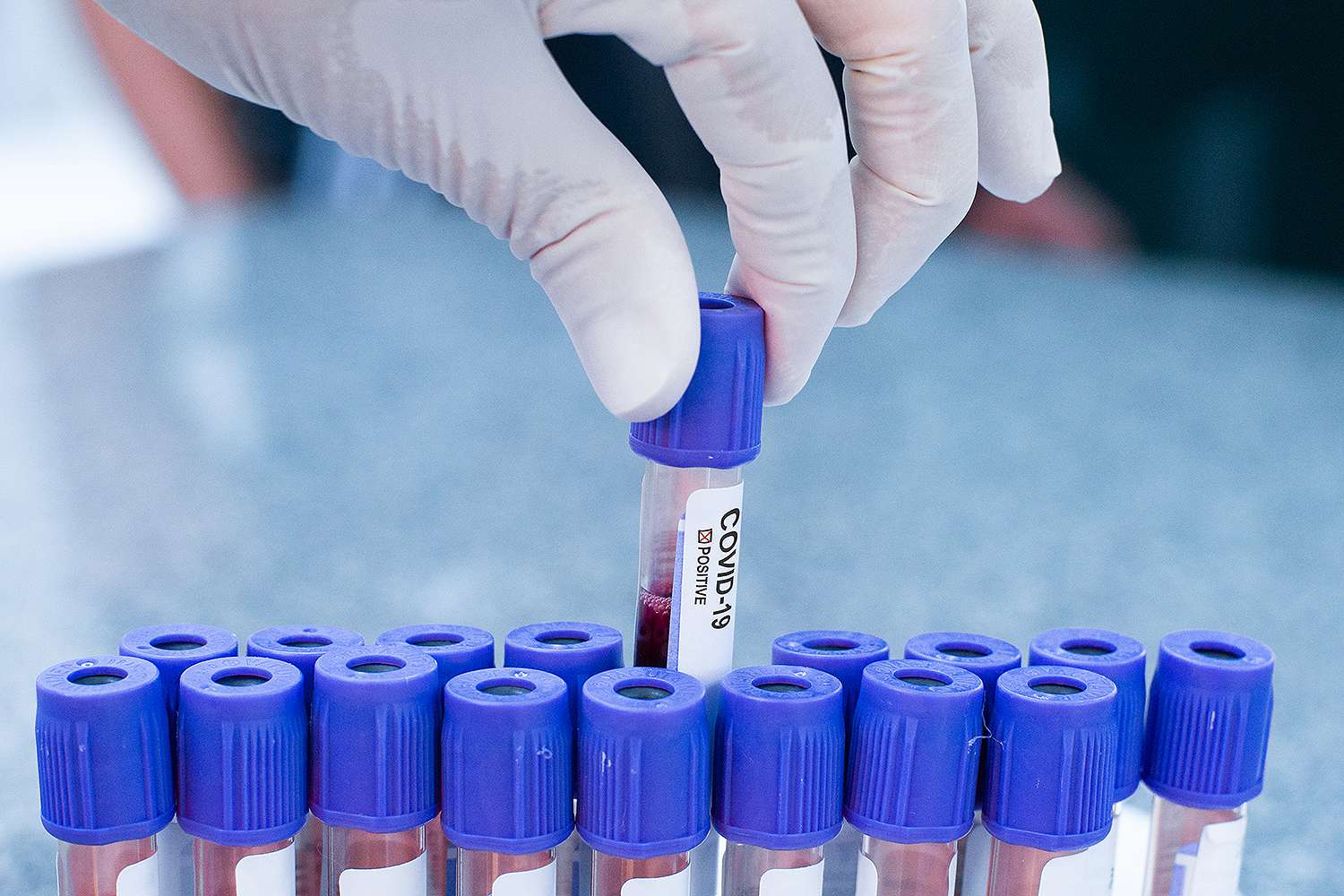
Although scientists did not have a name for the novel coronavirus when the first cases were reported in Wuhan, China, last December, a new study says that the virus began spreading in humans as early as October.
Using genetic analysis taken from more than 7,600 patients around the world, researchers at the University College London Genetics Institute have found evidence that the pandemic began late last year, and quickly spread worldwide.
“Estimates support that the COVID-2 pandemic started sometime around Oct. 6, 2019 to Dec. 11, 2019, which corresponds to the time of the host jump into humans,” the research team wrote in the study, which was published on Tuesday.
"It's very recent," genetics researcher Francois Balloux told CNN. "We are really, really, really confident that the host jump happened late last year."
The findings rule out the idea that COVID-19 “may have been in circulation long before it was identified, and hence [would] have already infected large proportions of the population,” researchers wrote in the report.
Instead, only 10 percent of people around the globe have been exposed to the virus, Balloux has estimated.
As of Thursday, there are now at least 3,781,896 confirmed cases of coronavirus worldwide and 264,602 deaths, according to a New York Times database.
Given how quickly the virus spread, researchers say it’s not possible to trace infections back to just one patient.
Citing the amount of mutations found in many of the affected countries, researchers say the data “points to each of these local epidemics having been seeded by a large number of independent introductions.”
"All these ideas about trying to find a Patient Zero are pointless because there are so many patient zeros," Balloux told CNN. "It has been introduced and introduced and introduced in almost all countries,"
Although the researchers did find that the virus is mutating, they haven’t yet found proof that it’s becoming more dangerous.
"All viruses naturally mutate. Mutations in themselves are not a bad thing and there is nothing to suggest SARS-CoV-2 is mutating faster or slower than expected,” Balloux told CNN.
In the report, researchers also noted that “it is near-impossible to predict future trajectories for the virulence and transmissibility” of the virus.
The idea of different strains carrying a stronger risk of hospitalization and death was also recently raised by researchers from the Los Alamos National Laboratory, although a number of experts have expressed doubt about their claims.
In the paper, which has not yet been peer-reviewed, researchers wrote that they believed a stronger strain of the virus is responsible behind the severity of the pandemic in Europe and the East Coast of the United States.
Dr. Jeffrey Klausner, MD, MPH, an infectious disease expert at UCLA Medical Center, previously spoke with PEOPLE about different COVID-19 strains, noting that the differences in the severity of cases have more to do with the individual patient than the strain of the virus responsible for the infection.
“It’s a possibility, but the answer is probably not,” he said. “The reason people get sick is from their individual, unique immunologic response. People with severe heart disease, if their body starts fighting the infection and their heart rate goes up, they can’t tolerate that very well. If people have severe lung disease and they have more fluid in their lungs, they can’t tolerate that change very well."
"Really it depends more, at least based on our current understanding, on the individual and their characteristics than the virus," he added.
As information about the coronavirus pandemic rapidly changes, PEOPLE is committed to providing the most recent data in our coverage. Some of the information in this story may have changed after publication. For the latest on COVID-19, readers are encouraged to use online resources from CDC, WHO, and local public health departments. PEOPLE has partnered with GoFundMe to raise money for the COVID-19 Relief Fund, a GoFundMe.org fundraiser to support everything from frontline responders to families in need, as well as organizations helping communities. For more information or to donate, click here.
Source: Read Full Article
